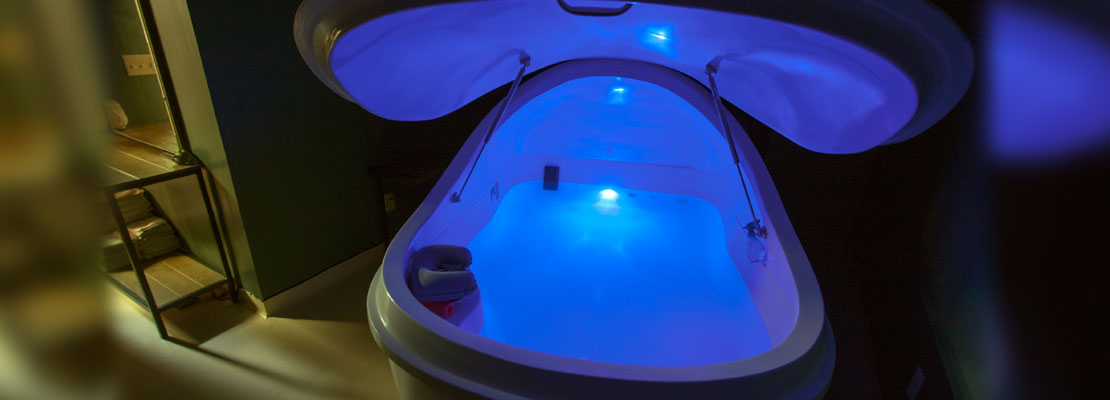Applied Kinesiology is a non-invasive system that evaluates structural, chemical, and mental aspects of health using muscle testing. Results of the muscle testing are confirmed with palpation, orthopedic examinations, and neurological evaluation. Goals set forth by the International College of Applied Kinesiology, are to provide a non-equipment-intensive assessment of the patient's functional health status.
- Restore postural balance, correct impaired gait, improve range of motion.
- Restore normal neuromuscular function.
- Achieve balance of endocrine, immune, digestive, and other internal functions.
- Permit early intervention in degenerative diseases.
Although weakness in a specific muscle is said to be a clue to possible problems in its associated organ or gland; practitioners do not claim that the results are diagnostically definitive. They say that improper performance in a manual muscle test may be due to nerve dysfunction, nutritional inadequacy, toxic chemicals, abnormal circulation of the cerebrospinal fluid that bathes the brain and spinal cord, tension in the membranes surrounding the brain and spinal cord, poor circulation of blood or lymph fluid, or "meridian system imbalance."








